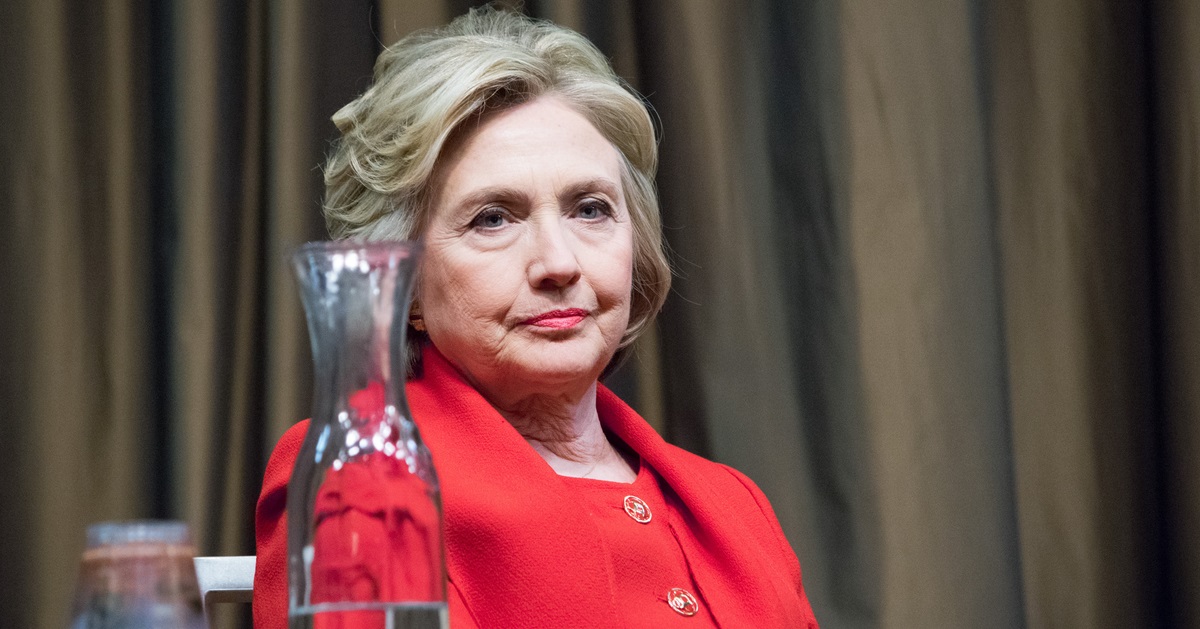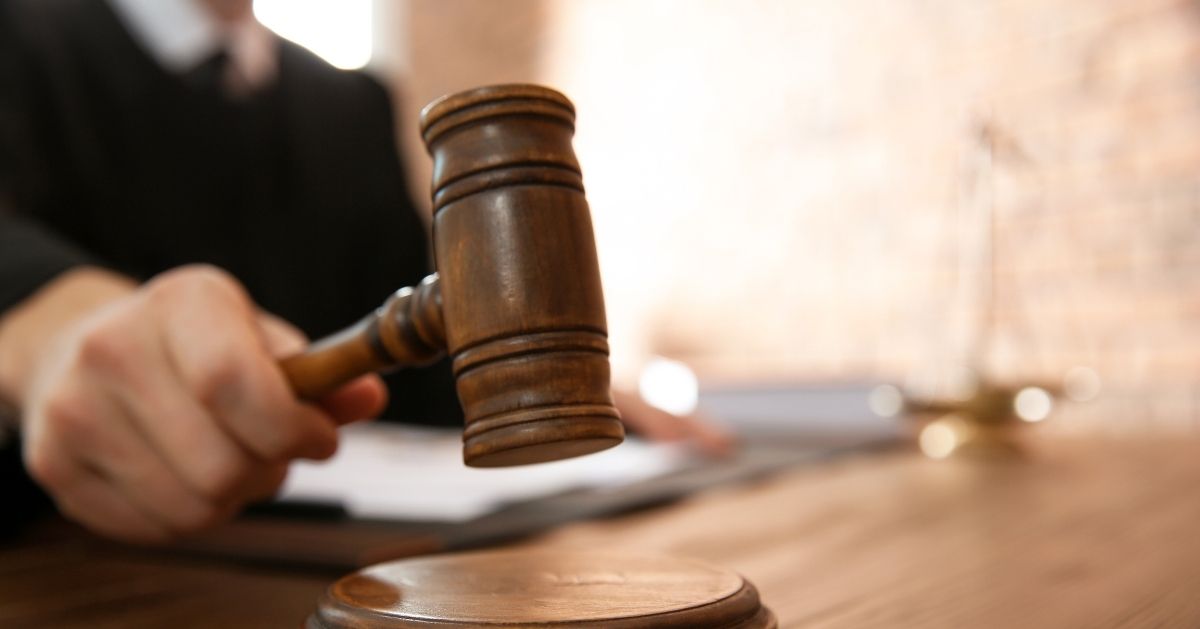New WaPo piece points out difficulty of sending Trump to jail if he doesn't waive lifetime Secret Service protection
A new piece published in the Washington Post on Friday pointed out that the logistics of sending former President Donald Trump to jail if he is convicted and sentenced to serve time are daunting because of a 1965 law that grants former presidents Secret Service protection for life unless they waive it.
Former U.S. officials said it may be difficult to send Trump to prison because of the law, or that he may be able to influence where he goes and when because of what it says.
Only one former president ever waived Secret Service protection, and that was Richard Nixon, 11 years after he resigned.
Trump is not likely to waive his protection, and particularly not if he remains a candidate for the 2024 general presidential election.
Could Trump avoid jail time?
Probation, fines, community service, and home confinement are some of the alternatives mentioned by former top prosecutor and counsel to former FBI director James Comey, Chuck Rosenberg.
It's all a moot point unless Trump is actually convicted, but given the legendary leftist leanings of D.C. judges and juries, it could happen.
He's currently facing over 500 years in combined sentences plus a potential death penalty if convicted on all charges, but there's no way of knowing whether he will actually get jail time until a conviction occurs.
The indictments are unprecedented, and many legal experts have decried them as wholly political in motivation, pointing out that other politicians like Hillary Clinton have committed the same or similar crimes but have not been prosecuted by a deep state DOJ that at this point leans left no matter who is president, at least at the federal level.
Could he preside from behind bars?
Outlets like the New York Post and Politico have pointed out that nothing in current law prevents someone from running for president from behind bars or even serving if elected.
At least two other candidates have done so: socialist Eugene Debs in 1920 and far-right Lyndon LaRouche in 1992. Debs was later pardoned after getting nearly a million votes and the law that sent him to jail repealed.
Governing from behind bars would be another story, likely requiring an aide to carry the nuclear football nearby and Secret Service to be on the property, the Post said.
Trump could pardon himself from federal charges, but not from state ones like the indictment he faces in Manhattan over alleged hush money payments.
State conviction unlikely
Most legal experts think that indictment will be difficult to prove and that DA Alvin Bragg is unlikely to get a conviction in the matter, but again, New York is notorious for its leftist leanings (although it doesn't seem to hate Trump as much as DC).
The rest of the charges Trump faces so far are federal, but his real challenge will be winning in the court of public opinion once Democrats all over the country have thrown the book at him in an attempt to ultimately take him down.






